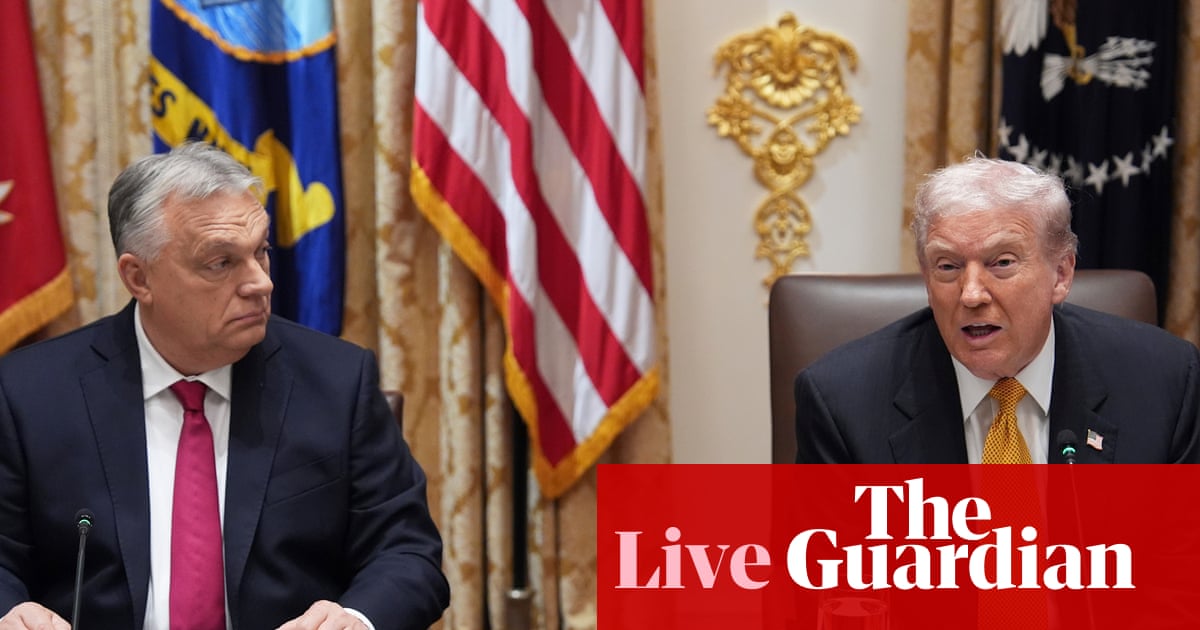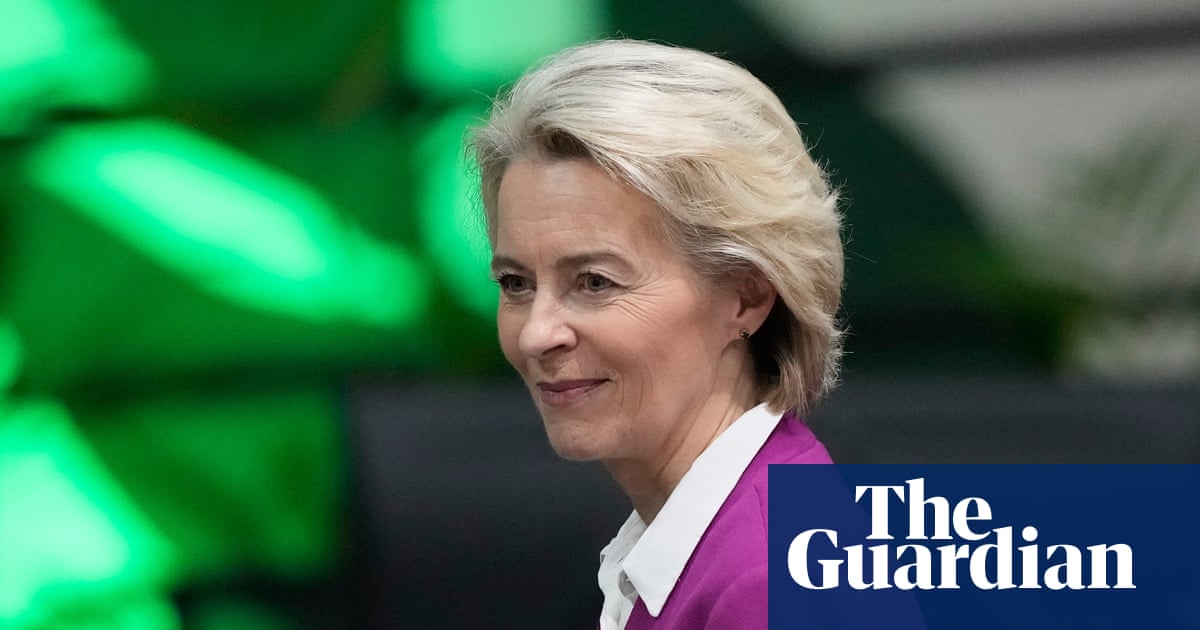What odds on a public inquiry into the Afghan superinjunction? Gold-plated, judge-led, three years of fun and games, that is how British politics normally kicks an embarrassment into the long grass. And what odds on who will get off scot free – Tony Blair?
The more we pick away at the stages of this fiasco, the more from the start one blunder seemed to follow inevitably from another. There was no reason for the British invasion of Afghanistan in 2001. If the US wanted revenge on the Kabul regime for harbouring al-Qaida after 9/11, it could have done what Donald Trump did last month to Iran. A savage retaliatory blow against the country’s rulers would have made the point.
The invocation of article 5 of the Nato treaty to justify an invasion of Afghanistan was ridiculous. America’s security was not remotely threatened by terrorism directed from Kabul, any more than was Britain’s. Other Nato powers, bullied into showing sympathy, limited themselves to minimal non-fighting roles. Once Kabul had been attacked and the Taliban had fled, caution and common sense indicated swift withdrawal. The US military command wanted no invasion.
Blair was insistent in pressing Bush for “nation-building”, against considerable US scepticism. He was desperate for Britain to punch above its weight. In his Chicago speech in 1999, he had advocated the new Blair “doctrine of international community”, that of altruistic intervention. It was basically a call for more wars. Clinton’s office described Blair’s intervention in Kosovo as the prime minister “sprinkling too much adrenaline on his cornflakes”. When war duly arrived, Blair was insistent that British submarines fire the first barrage of missiles on Kabul. He told the 2001 Labour conference: “We will not walk away from Afghanistan, as the outside world has done so many times before … There is only one outcome: our victory not theirs.”
There followed a full-scale British occupation that culminated, in 2006, in a reckless, failed attempt to suppress the Taliban in Helmand. One result was that for 20 years, a sizeable chunk of Afghanistan’s modest administrative class found themselves employed by western occupying powers, including Britain. As the Taliban filtered back, these people assumed, perhaps foolishly, that the good old British empire would not desert them.
When the list of 19,000 collaborators in the British occupation was leaked, the danger was obvious. The Ministry of Defence was alerted that an anonymous member of a Facebook group had said he had the database and was threatening to post it in full. Not knowing if the list had been shared with the Taliban, the government acted to protect those named.
The defence secretary at the time, Ben Wallace, understandably wanted to keep the fact a secret just in case. A judge understandably agreed, for a while. But neither decision would stand the test of time – or the mounting embarrassment. The Treasury cost of honouring the list was not millions but billions.
The bulk of the blame must lie with the fact of the invasion and subsequent departure. The effort of the House of Commons this week to make the leak issue partisan was pitiful. Neither the cabinet nor parliament tried to stop Blair’s original occupation. In 2010, after nine years, it still voted overwhelmingly in favour of Britain’s presence continuing. Parliament was equally in favour of the invasion of Iraq in 2003. When in 2021 Boris Johnson finally joined the US in cutting and running, parliament washed its hands of the whole affair.
In Afghanistan, 457 British soldiers died. The cost of the war to the UK taxpayer was £30bn. Some 200,000 Afghans also died and 29,700 were accepted for resettlement between 2021 and 2024. These figures are the bill for the outrage over 9/11 and were utterly unnecessary. No other European country joined the US on anything like the same scale as Britain. There has not been a word of inquiry into who should carry any degree of personal responsibility.
Britain attempted to withdraw from its empire with dignity over the course of the 20th century. It did not always succeed. Yet, ever since, its rulers have seemed in a state of lingering regret. Like Blair, they have harboured a tarnished yearning for a Britain still playing a role on the world stage, a violent one if need be.
Though Britain was never remotely threatened, Blair was almost always at war, in Kosovo, Sierra Leone, Afghanistan and Iraq. David Cameron was bitten with the same bug, intervening in Libya and trying to do so in Syria. He built two giant aircraft carriers, one of which Boris Johnson could not resist sending to the South China Sea. Why was never explained.
If Trump has any virtue it has been in telling Europe that the old global interventionism is over. The US is fed up with being Europe’s policeman. The continent should be realistic and look after its own business. But even he could not resist the machismo of bombing Iran.
The lesson of the leak is not that emails are never safe. That surely is known. The real lesson is that Britain should never have spent a quarter of a century trying to impose its rule on Afghanistan in the first place. Will it now learn?
-
Simon Jenkins is a Guardian columnist

 3 months ago
139
3 months ago
139

















































